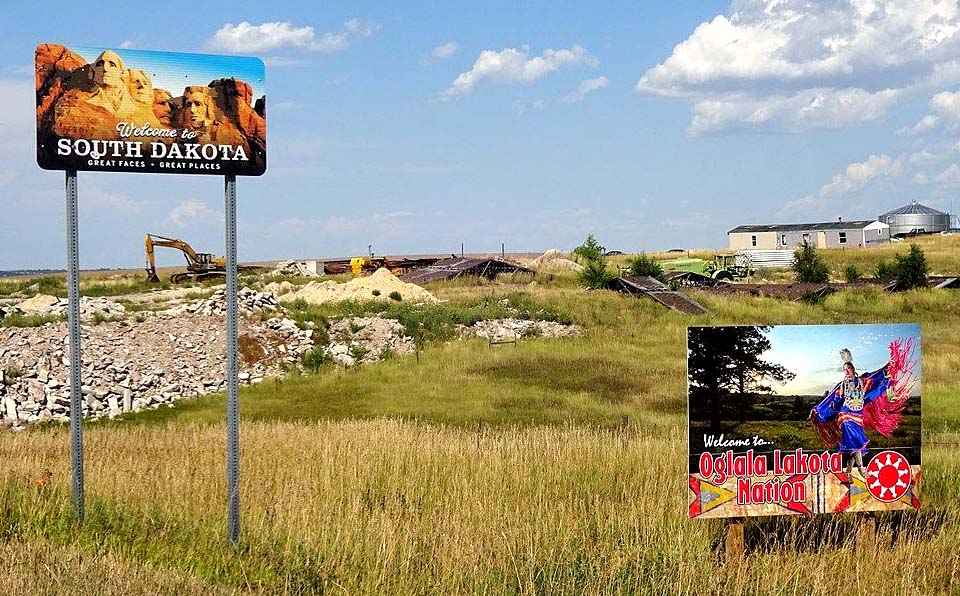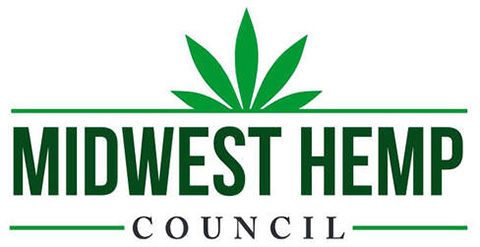
One rapidly-growing, but somewhat overlooked sector of the domestic hemp industry is Native American tribes across the U.S. looking to grow or process the plant, or both. At last count, according to the U.S. Department of Agriculture (USDA) website, more than 20 Native American tribes have had their hemp production plans approved by the federal government. Hemp plans from an additional 11 tribes are under review by the agency.
In early May, the USDA announced it had accepted hemp plans from five more tribes: the Miccosukee Tribe of Indians of Florida, the Winnebago Tribe of Nebraska, Cheyenne and Arapaho Tribes, Rosebud Sioux Tribe, and the Pala Band of Mission Indians. These tribes, along with a growing number of states, have had their hemp programs approved as part of an ongoing review by the USDA, which began when the 2018 Farm Bill legalized hemp and its derivatives nationally.
Existing Advantages
Aaron Fournier is a member of the Chickasaw Nation and co-founder of Native American Hemp, a Tulsa, Oklahoma-based company that works with Native American tribes across the U.S. to assist their entry into the hemp sector. He believes tribes are in a powerful position when it comes to hemp.
“A lot of tribes have significant land bases,” he told Hemp Benchmarks. “A lot of tribes also historically have grown their own crops; have a good relationship with the earth and good sustainable farming practices – and really all the things that are needed in the hemp industry to grow high-quality hemp products.”
Fournier said the tribes he is working with are interested in “everything” when it comes to hemp. “We’re seeing everything from the real industrial hemp, the fiber and grain, to medicinal [uses],” he noted. “There are tribes that are interested in just regulating, just creating a USDA program, that allows their members and other people that live within their jurisdictions to grow the crop underneath the tribe’s program.”
Economic Diversification & Tribal Partnerships
That viewpoint was echoed recently by members of the Winnebago Tribe of Nebraska, which received USDA approval for their hemp program in 2019. “We have the land base to really take on a huge operation in many different agriculture sectors and we thought maybe hemp was one of them,” Aaron LaPointe, business manager for the tribal company Ho-Chunk Farms, told KCAU-TV in May. “We see it as a way to diversify,” LePointe added. “We see a lot of job creation not only on the production side but on the processing and manufacturing side.”
For his part, Fournier said he is also seeing tribal governments reaching out to others in the Native American community, to facilitate connections for their new hemp industries. “That would be in the case of a tribe that was only wanting to grow [hemp], and not to do any of the processing or extraction themselves,” he said.
“We do also have tribes that we work with that are vertically integrating; so they’re growing and processing and distributing to other companies that either refine the product further or take it to market in some fashion. You’re going to see a combination of everything; it really just depends on where the communities want to fit in to the industry.”
Similar sentiments were expressed recently regarding the legalization of hemp by the Flandreau Santee Sioux tribe, which had its production plan approved by the USDA late last year. Tribal leaders expect their new hemp program to have a significant financial impact. “The possibilities for the plant are really endless,” Seth Pearman, tribal attorney for the Flandreau Santee Sioux, said in a statement at the time. “[F]rom building materials to supplements, hemp can really be a large economic driver for the tribe.”
Also echoing Fournier’s statement about collaboration, the Flandreau Santee Sioux are looking to create alliances with other Native American nations when it comes to hemp cultivation and production. “We’re just discussing some possibilities of how we can work together in a more unified fashion rather than just going alone,” Rosebud Sioux Tribal President Rodney Bordeaux said in December. “That’s why we’re very supportive of Flandreau and what they are doing.”

Tribal Sovereignty Brings Legal and Competitive Advantages
Native American nations are also looking to establish business partnerships outside of their communities, with other hemp businesses. Such partnerships have potential advantages.
As the Miami-based international law firm Greenberg Traurig noted recently on its web site, while Native American tribal governments are subject to most federal laws, “they also have the authority to establish their own laws and regulations. Most tribes have wholly owned tribal corporate entities that enjoy most of the same legal protections and advantages as the tribe itself. In addition, the federal government has enacted a broad array of financial incentives to encourage investment in economic development projects in economically distressed areas and on tribal lands specifically.”
An example of such Native American tribal self-governance occurred in regard to the Flandreau Santee Sioux. At the time the tribe received approval from the USDA to grow hemp on its land, which is located within South Dakota, while state Governor Kristi Noem was opposed to the idea of legalizing hemp in the state. However, as noted above, Native American tribes are considered sovereign nations and may govern their lands and communities as they so choose.
(Governor Noem has since reversed her position and in March signed into law a bill that legalized industrial hemp in South Dakota. However, the state has yet to submit a hemp production plan to the USDA for approval.)
Creating Much-Needed Opportunities
Overall, Fournier sees hemp creating much-needed economic opportunities for Native American communities. He noted that they are “more likely than not to experience increased rates of unemployment and are also more likely to be in food deserts.”
He also expects most Native American communities will at least consider implementing their own hemp programs. “Personally I … hope that people would not discount tribes and be open to the idea of working with them,” he said.



